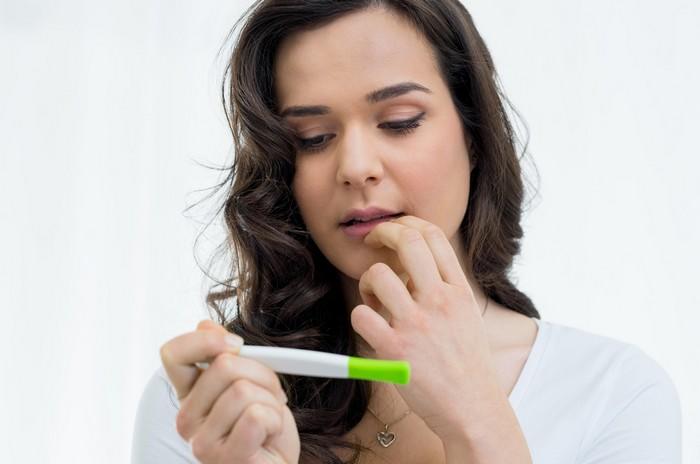Artificial Intelligence (AI) is poised to revolutionize in-vitro fertilization (IVF), potentially ending the infertility struggles faced by thousands of couples, according to groundbreaking research. AI has been demonstrated to help doctors identify the most promising follicles for IVF, thereby increasing the likelihood of successful pregnancies.
One in six couples experiences infertility, with around 50,000 undergoing fertility treatment each year. However, the high cost of IVF treatment often forces couples to deplete their savings or go into debt for multiple attempts, sometimes delaying or even abandoning their pursuit of parenthood. Senior author Dr. Ali Abbara, a consultant in reproductive endocrinology at Imperial College Healthcare NHS Trust, highlighted the transformative potential of AI, stating, “AI can offer a new paradigm in how we deliver IVF treatment and could lead to better outcomes for patients. IVF provides hope for many, but it is an invasive, expensive, and emotionally taxing process. Ensuring its effectiveness is crucial.”
Recent data from the Human Fertilisation & Embryology Authority (HFEA) revealed that the success rate for fresh embryo transfers is 31%. However, the report also noted that increasing costs are prompting women to delay IVF, which diminishes its effectiveness. Meanwhile, access to IVF on the National Health Service (NHS) has been increasingly rationed over the past decade, with availability differing across regions, often leaving patients with limited options. The average private cost for an IVF cycle ranges from £3,780 to £7,545.
During IVF, doctors use ultrasound scans to track the growth of ovarian follicles, which contain eggs. This helps determine the optimal time to administer a hormone injection that triggers egg maturation, preparing them for fertilization. The success of this timing is crucial, as poorly timed hormone injections can lead to suboptimal results. After the eggs are retrieved and fertilized, an embryo is selected for implantation in the womb.
In a recent study, researchers analyzed data from 19,000 IVF patients to develop an AI model capable of predicting the follicle sizes most likely to result in successful pregnancies. Dr. Thomas Heinis, co-senior author and computing expert at Imperial College London, emphasized the importance of using AI to support clinical decisions. “Where the stakes are so high, this technique can guide doctors and improve patient outcomes,” he said. The research indicates that a higher proportion of follicles in the 13-18mm range results in a greater likelihood of mature egg retrieval and successful pregnancies, which may offer a more effective approach than the traditional focus on the largest follicles.
Professor Waljit Dhillo, senior investigator at Imperial College London, praised the study’s findings, calling it a game-changer for IVF treatment. “This research could lay the groundwork for a new method of IVF, maximizing success by considering a wider range of follicle sizes, not just the largest,” he explained. The research suggests that AI has the potential to personalize IVF treatment, optimizing the chances of conception for each patient.
In related research, a study by Cardiff University and Queen’s University Belfast found that infertility-related trauma is more prevalent than previously understood. The study revealed that 41% of those surveyed met the criteria for post-traumatic stress disorder (PTSD) and complex PTSD due to infertility struggles. This underscores the emotional toll infertility takes on individuals, highlighting the importance of advancing treatment methods like AI-driven IVF to reduce the physical and psychological burden on couples.
Related topics:
The Emotional and Ethical Struggles of Managing Frozen Embryos: A Personal Journey
Actress Dayo Amusa Shares Inspiring Journey Through Infertility Struggles and Triumph

























